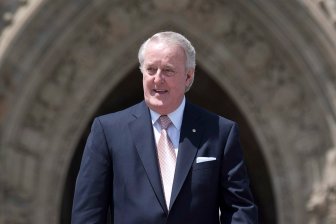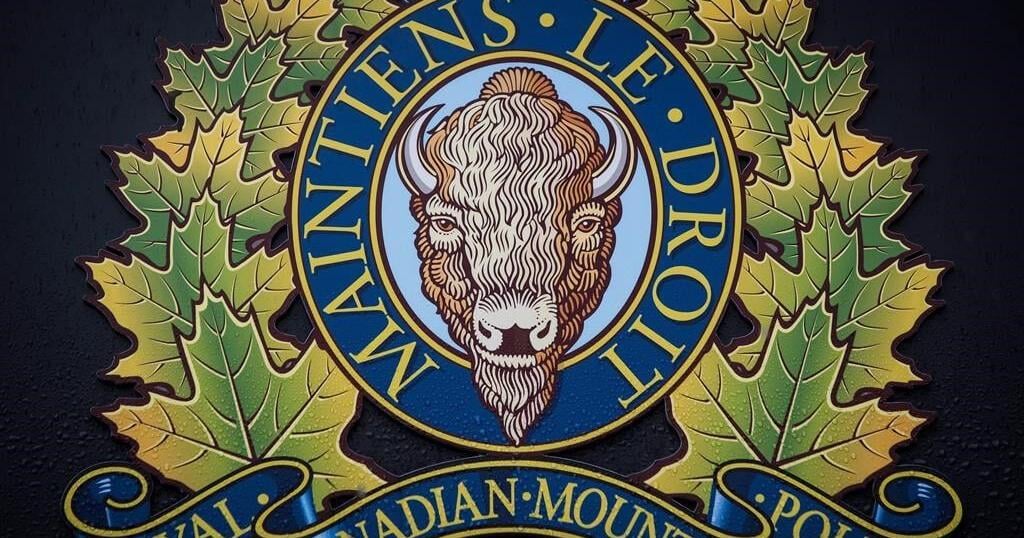Demands for government intervention in Air Canada labour talks could negatively affect airline competition in Canada, the CEO of travel company Transat AT Inc. said.
“The extension of such an extraordinary intervention to Air Canada would be an undeniable competitive advantage to the detriment of other Canadian airlines,” Annick Guérard told analysts on an earnings conference call on Thursday.
“The time and urgency is now. It is time to restore healthy competition in Canada,” she added.
Air Canada has asked the federal government to be ready to intervene and request arbitration as early as this weekend to avoid disruptions.
Comments on the potential Air Canada pilot strike or lock out came as Transat reported third-quarter financial results.
Guérard recalled Transat’s labour negotiations with its flight attendants earlier this year, which the company said it handled without asking for government intervention.
The airline’s 2,100 flight attendants voted 99 per cent in favour of a strike mandate and twice rejected tentative deals before approving a new collective agreement in late February.
As the collective agreement for Air Transat pilots ends in June next year, Guérard anticipates similar pressure to increase overall wages as seen in Air Canada’s negotiations, but reckons it will come out “as a win, win, win deal.”
“The pilots are preparing on their side, we are preparing on our side and we’re confident that we’re going to come up with a reasonable deal,” she told analysts when asked about the upcoming negotiations.
The parent company of Air Transat reported it lost $39.9 million or $1.03 per diluted share in its quarter ended July 31. The result compared with a profit of $57.3 million or $1.49 per diluted share a year earlier.
Revenue totalled $736.2 million, down from $746.3 million in the same quarter last year.
On an adjusted basis, Transat says it lost $1.10 per share in its latest quarter compared with an adjusted profit of $1.10 per share a year earlier.
It attributed reduced revenues to lower airline unit revenues, competition, industry-wide overcapacity and economic uncertainty.
Air Transat is also among the airlines facing challenges related to the recall of Pratt & Whitney turbofan jet engines for inspection and repair.
The recall has so far grounded six aircraft, Guérard said on the call.
“We have agreed to financial compensation for grounded aircraft during the 2023-2024 period,” she said. “Alongside this financial compensation, Pratt & Whitney will provide us with two additional spare engines, which we intend to monetize through a sell and lease back transaction.”
Looking ahead, the CEO said she expects consumer demand to remain somewhat uncertain amid high interest rates.
“We are currently seeing ongoing pricing pressure extending into the winter season,” she added. Air Transat is not planning on adding additional aircraft next year but anticipates stability.
“(2025) for us will be much more stable than 2024 in terms of fleet movements and operation, and this will definitely have a positive effect on cost and customer satisfaction as well,” the CEO told analysts.
“We are more and more moving away from all the disruption that we had to go through early in 2024,” she added.
This report by The Canadian Press was first published Sept. 12, 2024.
Companies in this story: (TSX:TRZ)































